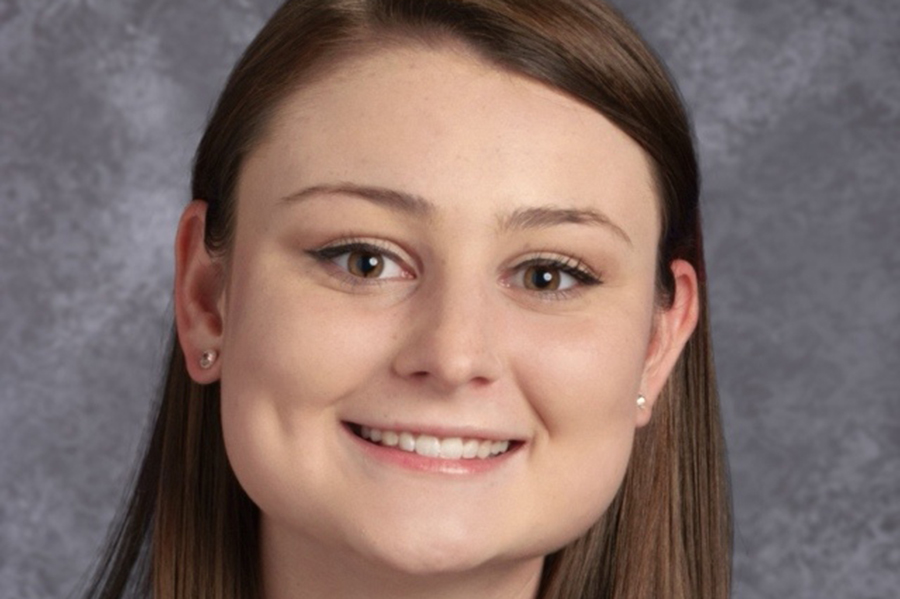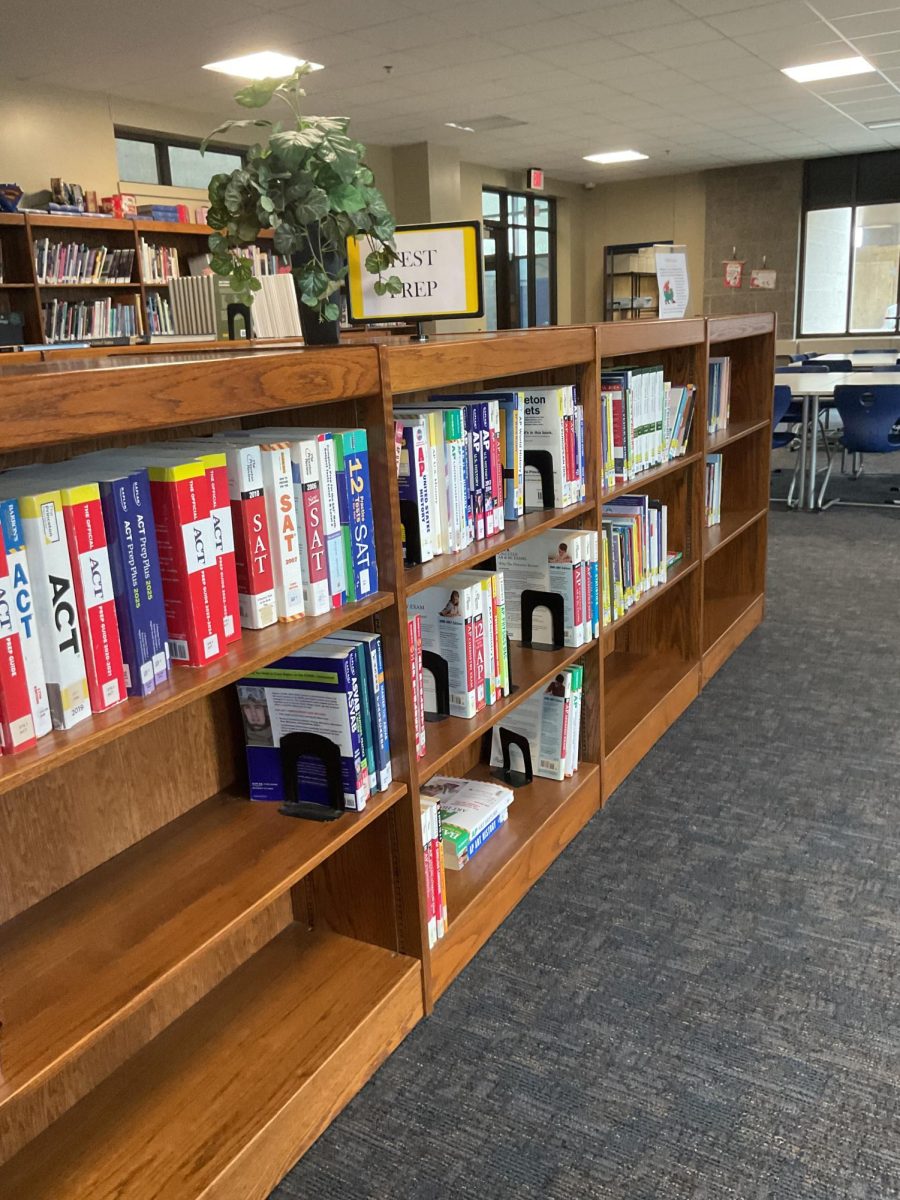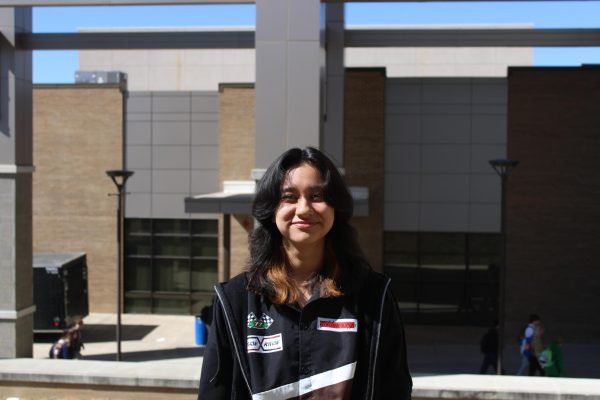Social Distancing is Not Social Hour
Junior Abigail Weihe serves as Photo Editor for the Hornet Yearbook staff.
March 15, 2020
Mere hours after the Arkansas Department of Health advised central Arkansas schools to close for two weeks because of the ever-increasing threat of COVID-19, pictures of smiling friends in large groups littered my social media feed, despite repeated warnings from national and global officials to avoid social settings. I was in a state of disbelief. Never did I think that many American parents would allow, even encourage, their children to flout the CDC’s most recent guidance.
This recklessness forced me to analyze my own regard for these guidelines. After much reflection, I hold fast to my belief that students should not be hanging out with their friends amid a global pandemic.
Let’s say you have a mild case of COVID-19. You might not even know, because for young people, the symptoms can seem like a mild cold or flu. Moreover, the symptoms of the virus don’t manifest until 2-14 days after the initial contraction. This means that you can be contagious and not even know it. If someone touches a surface you touched or walks into the same room you were just in when you sneezed, they can contract COVID-19. This is why it is imperative that people stay out of public areas at all costs.
But what responsibility do we, young and healthy individuals, have? We might not have a personal connection to someone at risk, but there are a plethora of scenarios that could lead to an older or unhealthier individual’s contraction of the virus and eventual death. Imagine a neighbor with leukemia or someone’s grandparent acquiring COVID-19 and not having the immunities to defend themselves. In many situations like these, the victim develops pneumonia, which could lead to a prolonged death. We must also do our part to slow the spread of the virus so that our healthcare system is not overwhelmed.
As someone with an individual in my household who has several co-morbidities, I am appalled by the flippancy of the Gen Zers and young Millennials around me. The “If I die, I die” attitude confuses me. This cavalier mindset, recently repurposed for the COVID-19 pandemic, flies in the face of save-the-Earth ideologies. A generation willing to protest the use of plastic straws in order to protect the environment while selfishly disregarding calls for social distancing reeks of hypocrisy. While this may be a joke to some, it shows the lack of respect these people have for the gift of life–especially their own.
I completely understand the strong sense of stir-craziness the long days of social distancing can induce; however, rather than meeting up with friends at a local coffee shop or restaurant, Facetime or play video games instead of endangering yourself and others. Everyone had something canceled they were eagerly awaiting–I’ve seen the TikToks of disappointment for many spring sport athletes around the country–but a hard lesson of growing up and becoming more mature is that life cannot always go as expected. When you go into public right now, you are not only risking your life, but also the lives of others.




